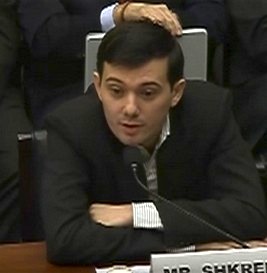

YESTERDAY we wrote about a controversial patent that hadn't been granted for a dozen years, probably for good reasons. We expected the EPO to do better than the USPTO, but under the leadership of Battistelli this application became a patent grant and it is defended under the leadership of António Campinos, Battistelli's choice of President (another Frenchman who totally disregards patent quality and lacks experience in this domain).
Médecins Sans Frontières (MSF – Doctors Without Borders), announcing the decision, said it “is gravely disappointed with the European Patent Office’s decision today to uphold US pharmaceutical corporation Gilead’s Sciences’ patent related to the key hepatitis C drug sofosbuvir.”
Patent EP 2604620 was challenged by groups in 17 European countries, including Médecins Sans Frontières (MSF); Médecins du Monde (MdM); the European Public Health Alliance (EU-wide); Salud Por Derecho (Spain); AIDES (France); Praksis (Greece); and Access to Medicines Ireland (IPW, Health & IP, 12 September 2018).
The civil society groups intend to appeal the decision.
The EPO did not respond by press time. An update will be made when confirmation is received.
Gaelle Krikorian, head of Policy, MSF Access Campaign, said in the release, “Today’s decision is a clear illustration of how multinational pharmaceutical corporations like Gilead abuse the patent system so they can shut out any competition and continue unfettered to charge exorbitant prices. We will appeal today’s decision as we strongly believe that the European Patent Office should have revoked the patent.”
In the EU, novelty of purpose for first medical use was enshrined in article 54 of the European Patent Convention (EPC), 1973. As explained by Gainey, this provision did not allow for a second or further medical use to the one specified.
But, in 1984, the Swiss Federal Institute of Intellectual Property issued an adopted statement of practice. It said that a claim to the use of an active ingredient for the manufacture of a medication may be allowed, even where it relates to the second application of a known pharmaceutical composition.
Gainey said that the European Patent Office’s (EPO) Enlarged Board of Appeal endorsed the Swiss office’s communication shortly afterwards, and from then on, patent applications were often drafted “in the Swiss format to stretch the boundaries of what is permissible under second medical use”.